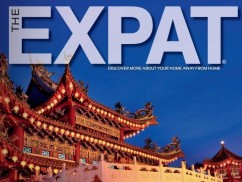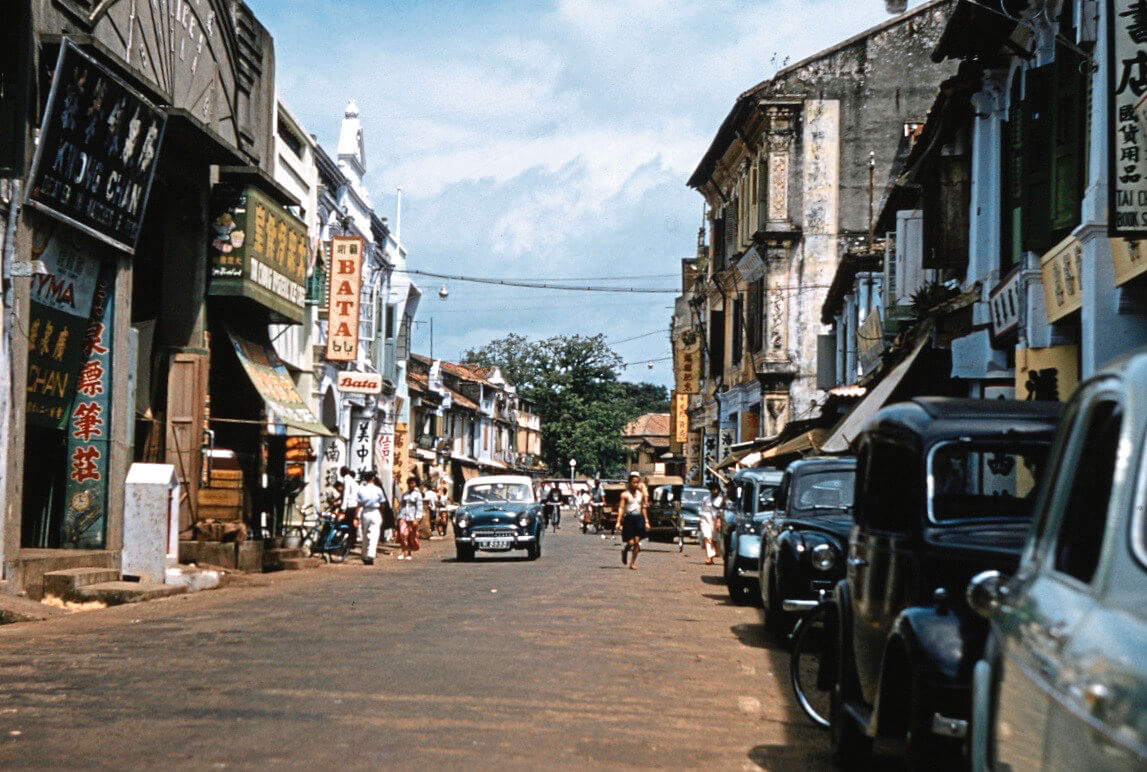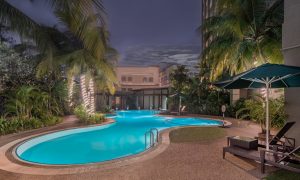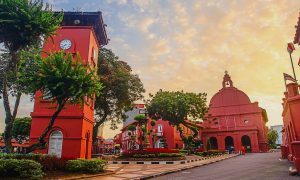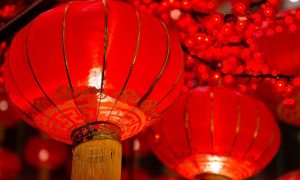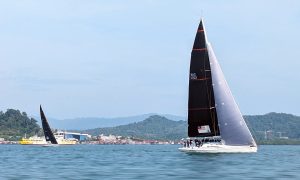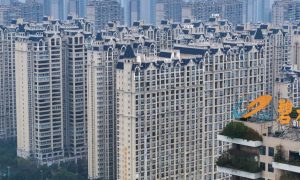Crocodiles of any hue and head teachers don’t usually go together but for J.M.B. “Mike” Hughes, Headmaster of the Penang Free School from 1957 to 1963, it was such a natural match that he decided to entitle his memoirs after the White Crocodile legend of Langkawi.
The legend goes something like this. A princess’s son was drowned in a lake and, in her distress, the mother pleaded with the spirits of the lake to take her in his place. They declined this generous offer and instead, at the very spot the boy disappeared, a white crocodile appeared and became the guardian of the lake.
It is perhaps understandable that this story of transformation would appeal to the teacher in Hughes. Perhaps part of it was his love of Langkawi, which he visited many times for holidays and took boys there on expeditions. He devoted his life to not only teaching young people but also assisting their self-development.
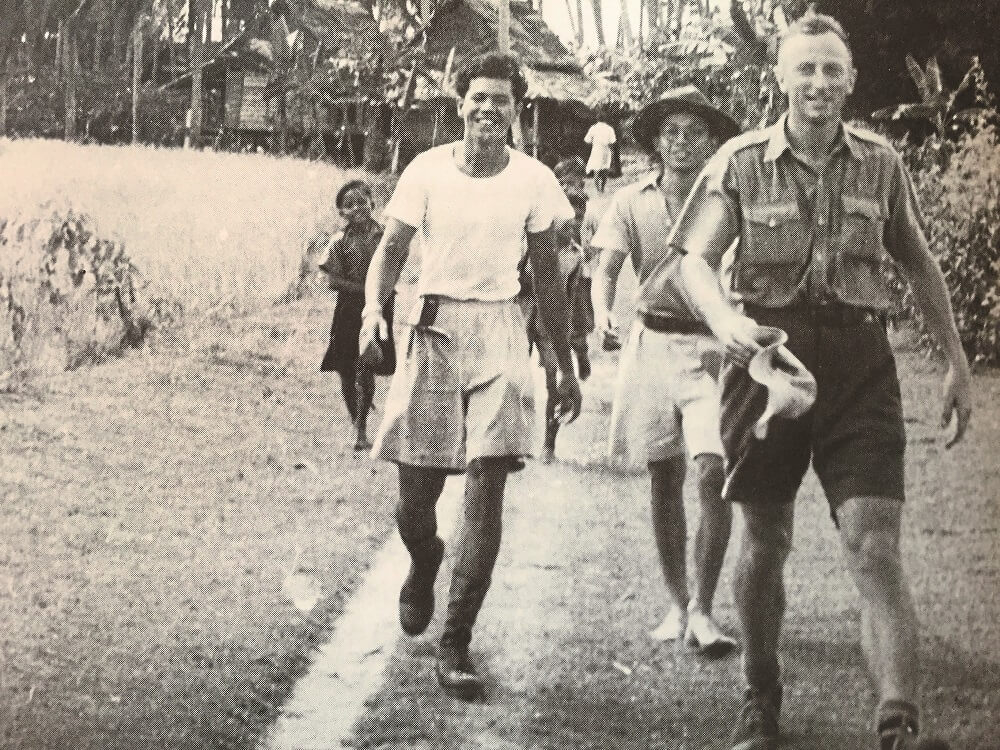
As well as formal imparting of knowledge he believed in the importance of extracurricular activities particularly those involving water, and theatricals (which his wife was especially talented at) but above all by just being an adult friend to his students. He passed away in 2011 in his ninety-third year but his son, John Hughes, came back for the Penang Free School’s 200th Anniversary celebrations when his father was both respectfully and very fondly remembered.
Although his headmastership corresponded with important years in the country’s history – from Merdeka in 1957 to the birth of Malaysia in 1963 – he actually arrived in the country in 1948 as a thirty-year-old bachelor to take up a post as Geography Master at the Penang Free School. He had come to teaching as a second career, after service in the British Army during World War 2 when he was posted to India and Burma.
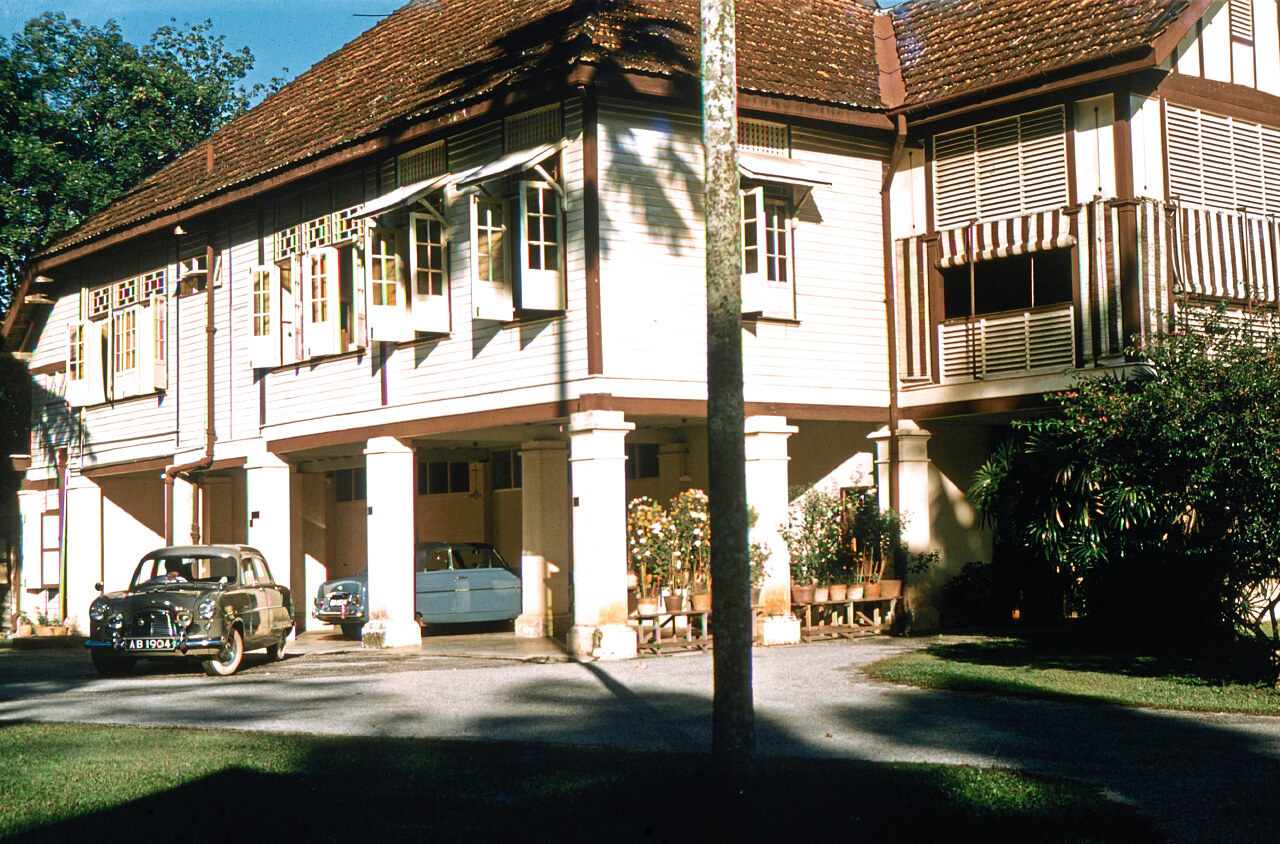
Bitten by the bug of the East, he was delighted to return in a civilian role. The central portion of his time here was spent, after his marriage to Jean, on the mainland. His time with his growing young family was idyllic, particularly on the less developed East Coast of Malaya, as it then was. The 1950s were, of course, the years of the Emergency but outside the troubled spots, rural life was still traditional and serene.
Called back to Penang in 1957 to be the headmaster of the Penang Free School, he was faced with the formidable task of “Malayanising” a colonial-era institution. Founded in 1816, it had three outstanding expat headmasters: the Founder (Rev. Robert Sparke Hutchings), the Reformer (Ralph Pinhorn), and finally the Transitioner (“Mike” Hughes”). The first two arguably had the easier task of driving through innovation while Hughes had to exercise considerable diplomacy in the art of leaving gracefully.
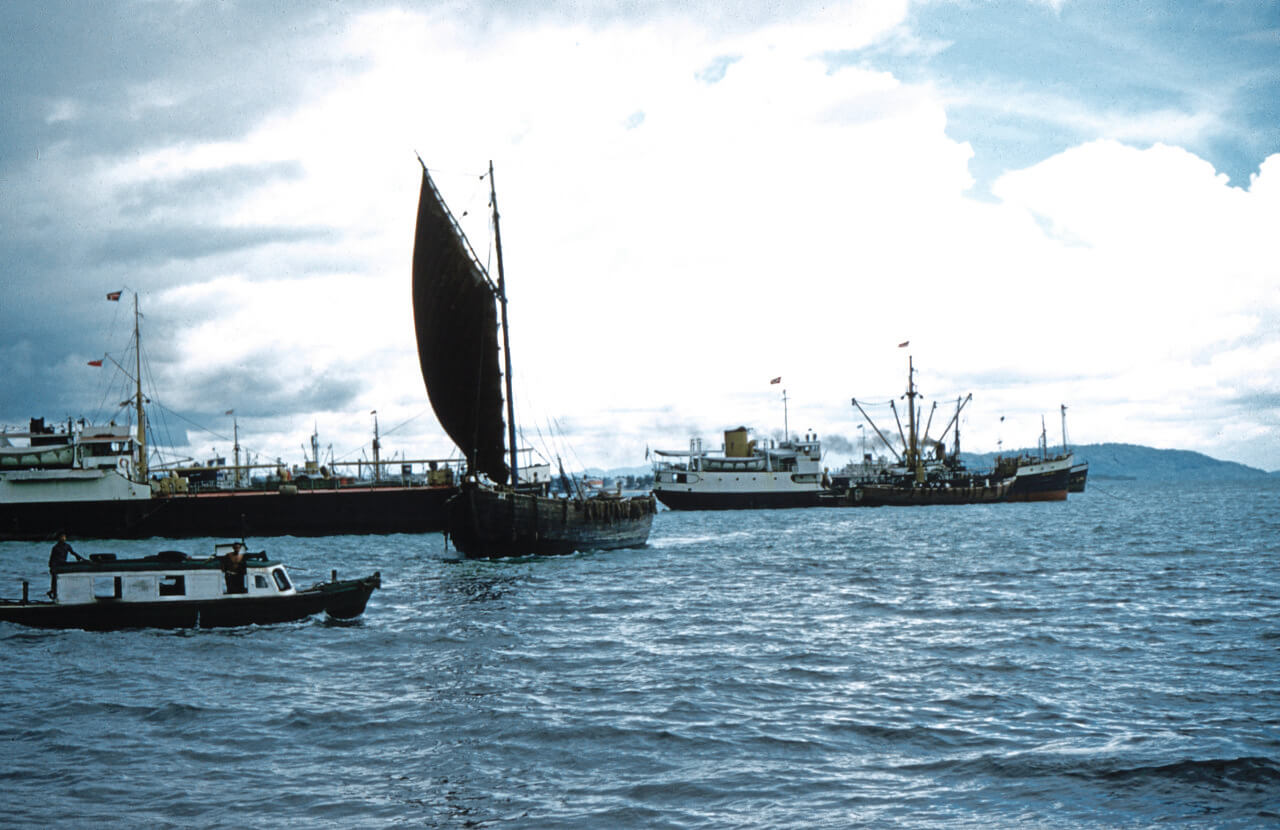
Always a leading education establishment in the region, by the mid 20th century, the School counted many luminaries of Malaya as “old boys”, including the country’s first Prime Minister, Tunku Abdul-Rahman. The particular challenges facing Hughes post independence were whether Malay should be used for school assemblies (more significant that it might sound), the use of the national language, and the national anthem. The last of these was the easiest – “God Save the Queen” was substituted with “Negara Ku”, (“My Country”).
The other two were more tricky and required sensitivity to make them succeed smoothly. The Free School, though its first headmaster had been a clergyman, had always had in its charter that all faiths were welcome and none special. But now Islam was the official religion of the country. Following advice from a wise member of staff, Mohammed Nor, who took the Malay boys to the local mosque every Friday, he came to the conclusion the view that the study of Islam should be introduced gradually. Language in a developing country is always important and although the medium of instruction remained English, Malay was to be brought forward.
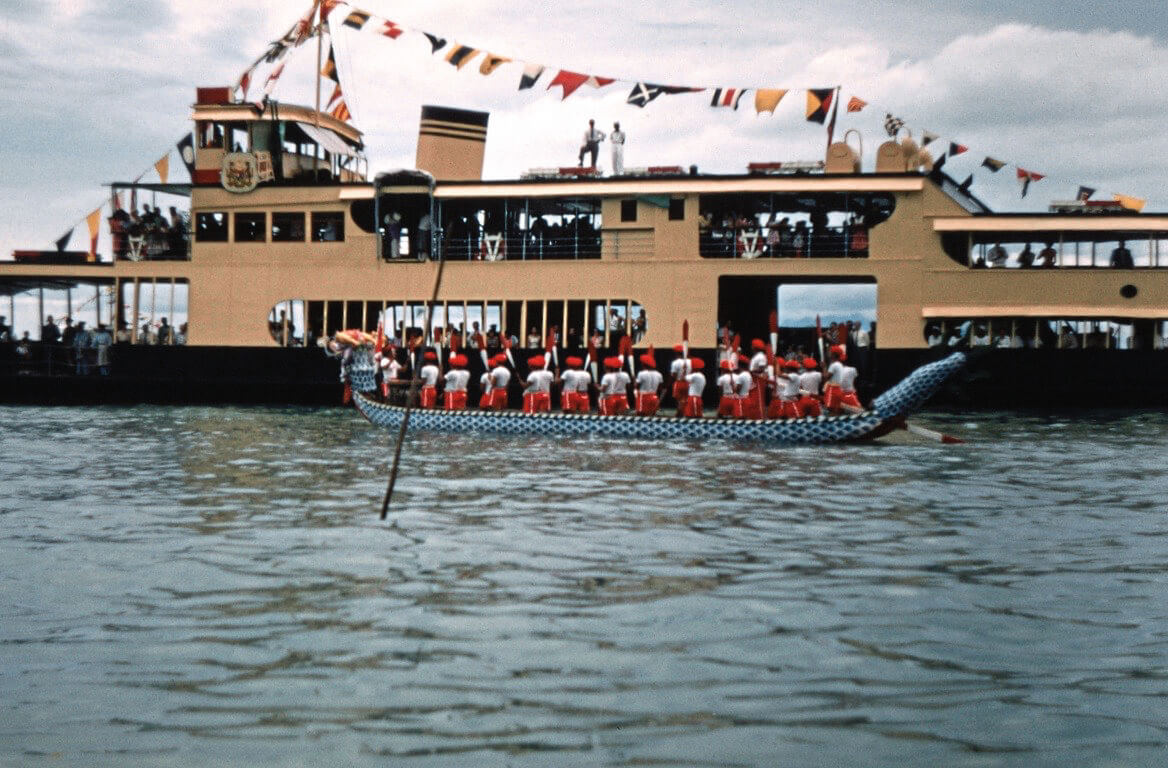
Hughes started elementary classes in the language to get things going and also founded a society to encourage interest amongst the students. He studied it himself and when the Governor of Penang arrived on a visit, Hughes greeted him in Malay. But by the early 1960s, it was felt that the school had to become part of the new country and so when the Yang di-Pertuan Agong, also an old boy, came on an official visit, Hughes, with great tact, absented himself so that it could be an “all Malayan” occasion.
After his death the family found a cache of old photos and cine film and had them digitalised. Sadly most of it is not the book but these images of sixty years ago are also an important part of Hughes’s legacy, although he probably wouldn’t have seen them in that way at the time. They show daily life in the Malaya of the 1950s, the cars, the buildings, the clothes.
It’s interesting to see the Headmaster’s colonial bungalow, the old junks in Penang Harbour, the dragon boat races and the old ferries, as well as the crisp white uniforms of the departing officials on the occasion of Merdeka. He also made Super 8 films and many of them involved scouting expeditions, water sports, being splashed or dunked for charity, an indignity he took with complete nonchalance. A delightful example was a boat trip with his students around the island when they were stopped by police having been mistaken for pirates. Happily the misunderstanding was soon cleared up.
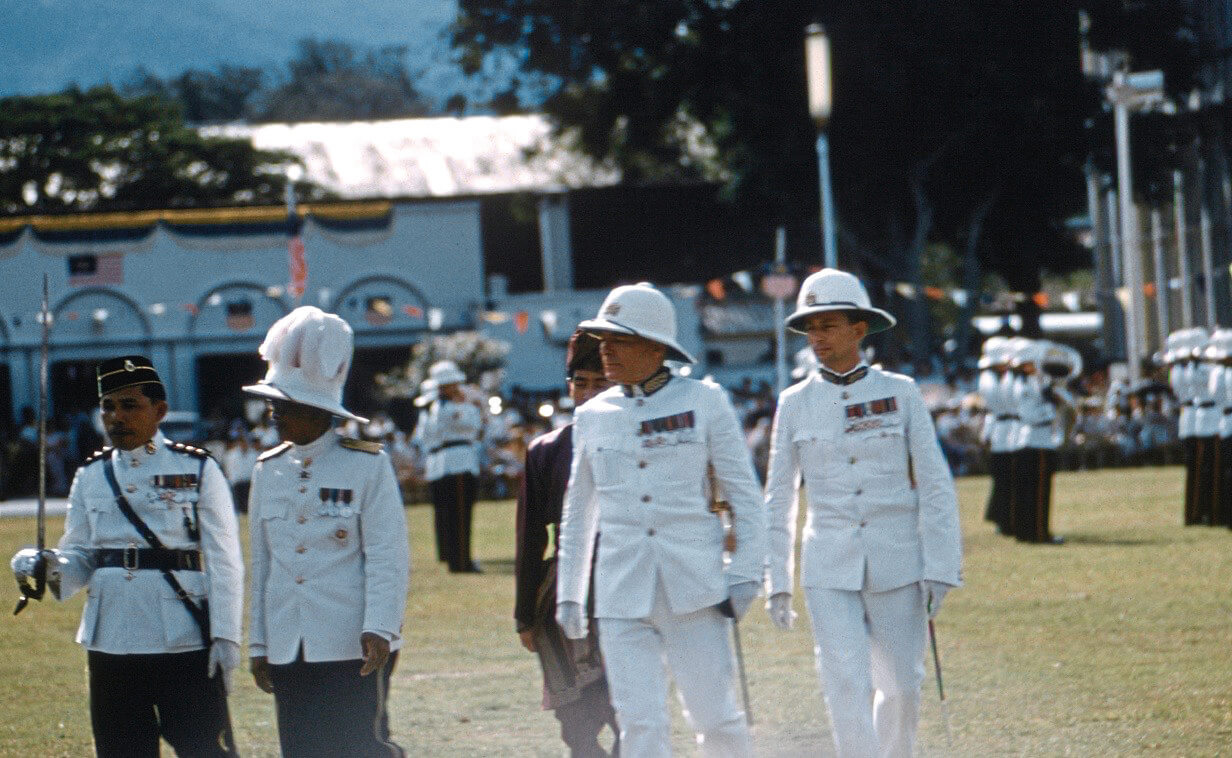
Hughes lived a long life, and nearly half a century elapsed between his leaving Malaysia and his death. But his memoirs seem to make clear that his experience here was a high point of his life, a deeply formative experience. He himself noted that, “The schoolboys of Penang have had a lasting effect on who I am.” Perhaps that is one of the best things about the expat experience – the ability to be changed by the rich cultures and the different people we encounter.
The White Crocodile’s Tale: The Memoirs of J.M.B. Hughes. Available from Areca Books.
We would like to thank the Hughes family for kind permission to use their father’s photographs.
This article was originally published in The Expat magazine (December 2016), which is available online or in print via a free subscription.
"ExpatGo welcomes and encourages comments, input, and divergent opinions. However, we kindly request that you use suitable language in your comments, and refrain from any sort of personal attack, hate speech, or disparaging rhetoric. Comments not in line with this are subject to removal from the site. "

